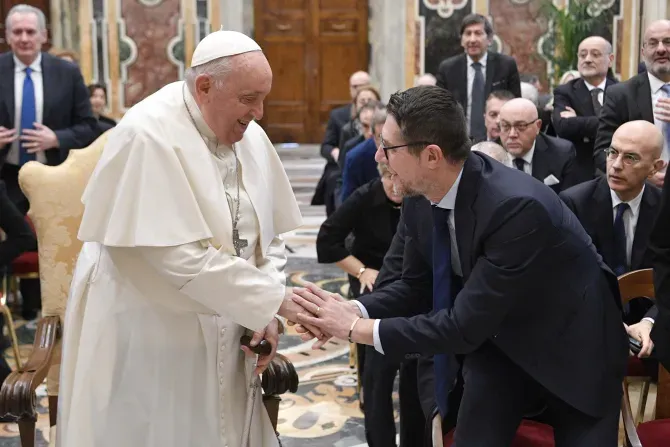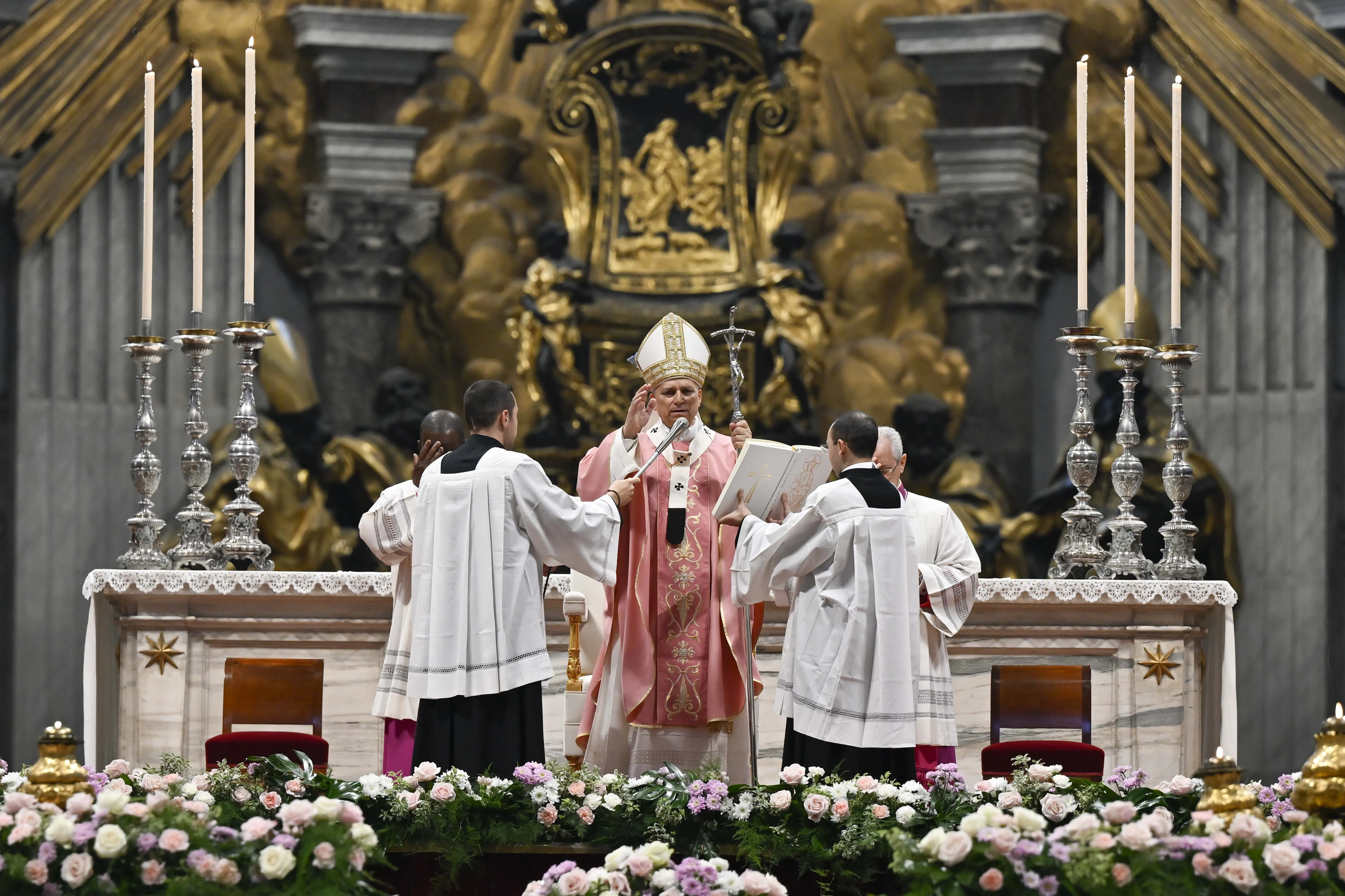“Added to this is the great responsibility you have to face the risks that members of the police forces face daily, whose care is also your concern,” he continued.
Pope Francis also noted that “public order cannot be administered without personal and interior order. But when this exists, the responsibility of public order feels like a call to create that climate of harmonious coexistence through which difficulties can be addressed and resolved.”
“I would say that yours is a kind of institutional fatherhood: exercised with conscience and dedication, it spares no sacrifices nor sleepless nights and deserves our gratitude,” he said.
Later, Pope Francis reflected on the environmental issue and the “emergencies that are now frequent and involve everyone; linked to atmospheric phenomena that should be unusual and extraordinary, they have become common due to climate change.”
The pope noted that it is the prefects’ responsibility to “manage the available resources in the best possible way and bring together public and private players.”
“It’s important and urgent,” he stressed, “in the present as well as in the future, to join forces to protect our common home in time and with foresight.”
Finally, he spoke of the flow of migrants into the country, a task that “is not easy, because the care of wounded and vulnerable people, often lost and recovering from terrible traumas, is entrusted to them.”
The Holy Father reminded that migrants “are faces and not numbers,” who must be freed “from the tentacles of criminal organizations, capable of ruthlessly speculating on their misfortunes.”
“You are entrusted with the arduous task of organizing an orderly reception on the ground, based on integration and constructive inclusion in the local fabric,” he highlighted.
The pope also noted that “we must take care. We must welcome, accompany, promote, and integrate immigrants. If there isn’t this, there is danger; if there is not this path towards integration, there is danger.”








